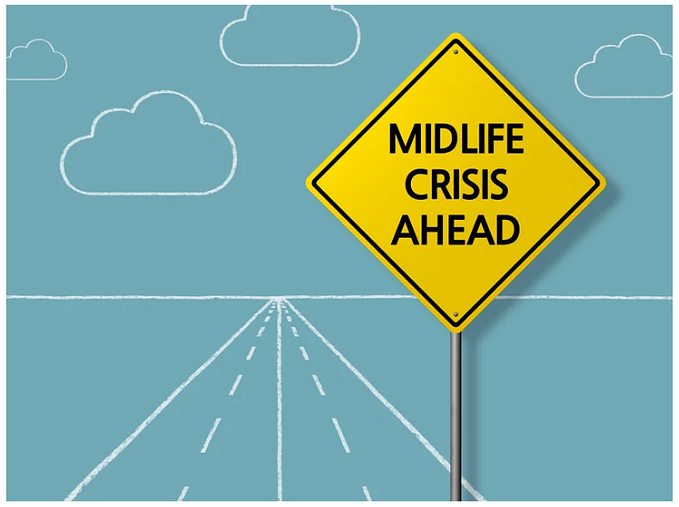Member-only story
Personal Responsibility Is Not A Useful Fix
When it comes to systemic issues, just saying “personal responsibility” is never the answer
Every time there’s a public discussion about a systemic issue — whether it’s road safety, education of children, or even the economy at large — there’s always someone who says that the problem would disappear tomorrow if everyone just took personal responsibility. If we all just did the right thing. If the world changed overnight and people suddenly behaved in the way that we think they should, our problems would go away.
Often, these arguments have a moral tone. The idea is that people are doing something ethically problematic by behaving in a way that contradicts the common good, and if they were to just be responsible we’d all be better off.
As a scientist, I try not to get into moral and ethical arguments. I’m ill-equipped to argue the benefits of deontology vs utilitarianism, or whether vaguely-defined concepts like ‘freedom’ are more important than other, slightly less vaguely-defined concepts like ‘health’.
What I can do is look at the evidence. And the evidence strongly shows that asking people to take personal responsibility for their actions is a very ineffective way to achieve any real outcomes.
The Data
The basic idea of personal responsibility as a society-wide measure to improve some outcome is simple — if you tell people that doing something is better for them in some way, they will act rationally and change their behaviour to do that thing.
One common example of this is in the healthcare space. We’ve known since the 1950s that smoking was bad for your health, and that if you want to live a long life you should try to avoid cigarettes and all their counterparts. However, we’ve also known for decades that simply telling people not to smoke is very ineffective. In general, education-only smoking cessation programs increase understanding — people do learn about harms — but have little impact on behaviour.



